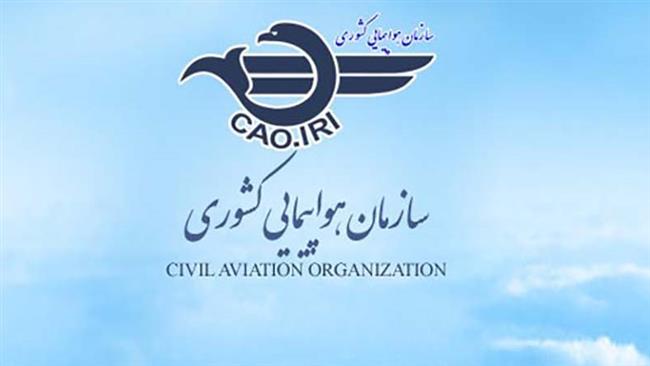Iran official denies Superjet deal with Russia

An Iranian official has denied reports that the country had signed contracts to buy Superjet 100 passenger aircraft from Russia.
The rebuttal by head of the Civil Aviation Organization (CAO) Ali Abedzadeh came after a Russian news agency alleged that Iran had signed contracts worth $21 billion to buy satellite equipment and aircraft from Russia.
“Any contract for the purchase of aircraft has to be signed between the airline as the operator and the manufacturing company and only aviation companies are responsible for purchase or lease of aircraft,” Abedzadeh said.
Iran’s Vice President for science and technology Sorena Sattari praised the 100-seat Superjet as an “extraordinary” aircraft during his tour of the MAKS-2015 air show in Russia last month along with Russian President Vladimir Putin.
On Saturday, Sputnik said the contracts for purchase of satellite-related equipment as well as the Superjet aircraft had been signed at the air show.
Abedzadeh said, “All aircraft in the world are designed and built in such a way to be operational. However, not all of them can be necessarily operated in any country due to airport limitations.”

He said purchases of 100-seat airliners are on CAO’s agenda and talks have been held in this regard with Brazil, France and Canada, but he didn’t mention Russia.
“We will enter into negotiation with any country which has a better offer for sales of aircraft to Iran,” the website of the Ministry of Transportation cited him as saying.
Russia’s Transport Minister Maxim Sokolov was the first official to say in July that his country was in talks to sell Superjet passenger planes to Iran.
Since then, Russian media have promoted the proposal, hinting at possible deliveries to begin in 2016, but Iranian officials have appeared to deny it.
Iran will need more than 400 civilian aircraft worth at least $20 billion in the next decade to renovate its aging fleet which has suffered under years of US and European sanctions.
Minister of Transportation Abbas Akhoundi has said Iran was in talks with Airbus.
“Airbus, as one of the European aviation companies, comprises about 50% of Iran’s aviation fleet and in this regard, we are in direct negotiations with the company to renovate our fleet,” Akhoundi said last month.







